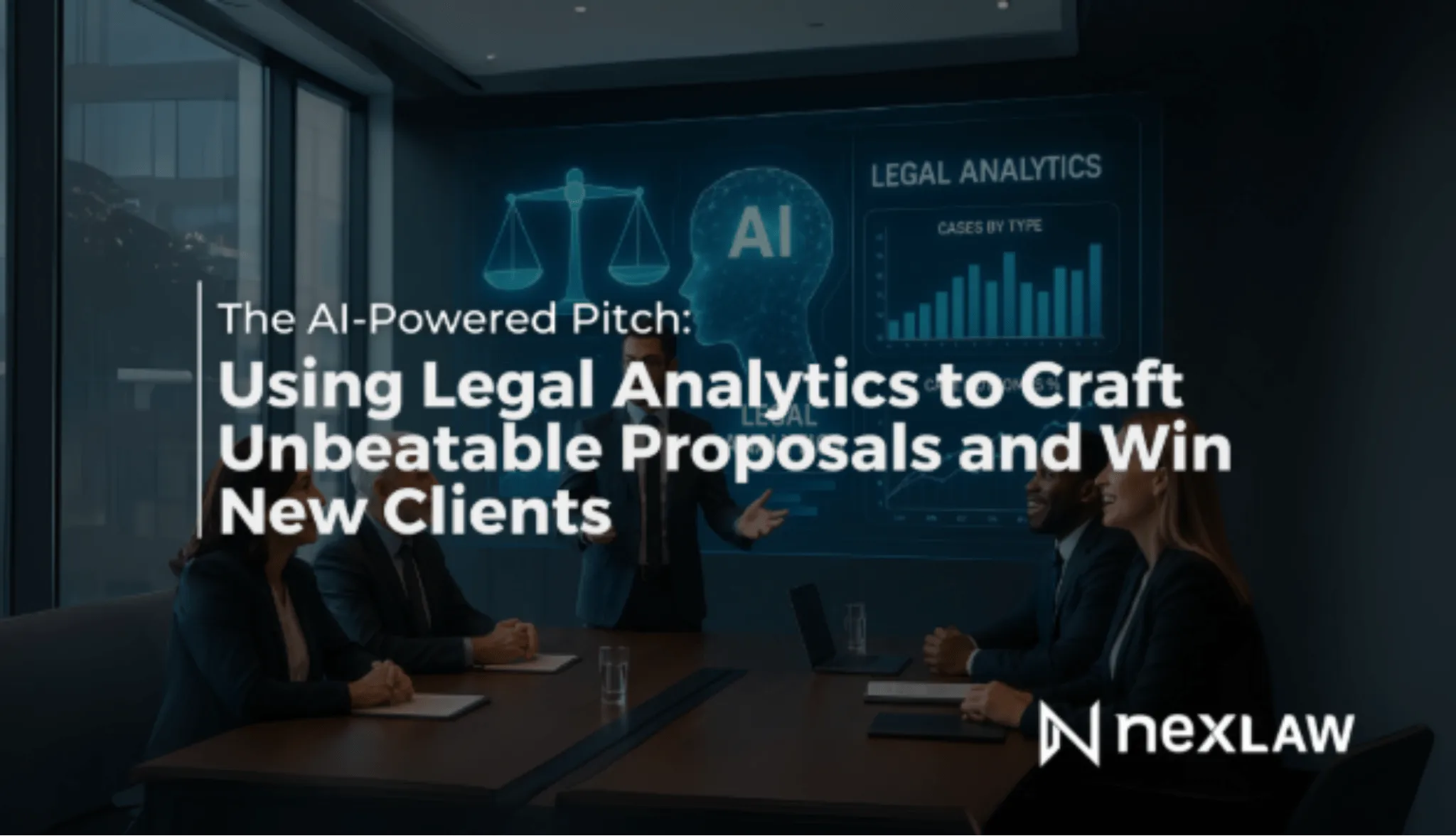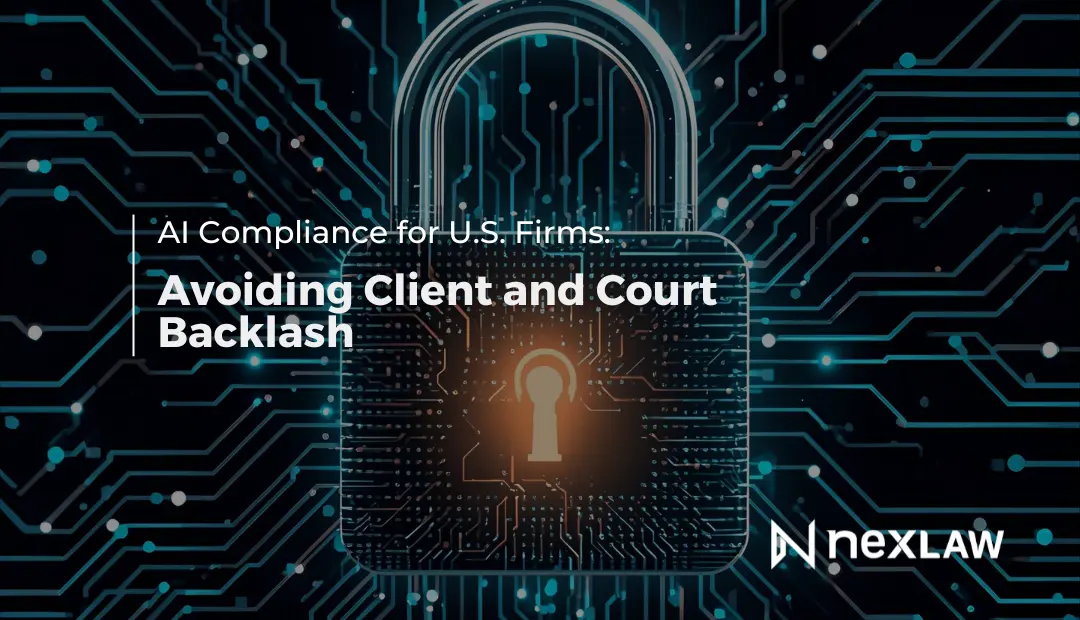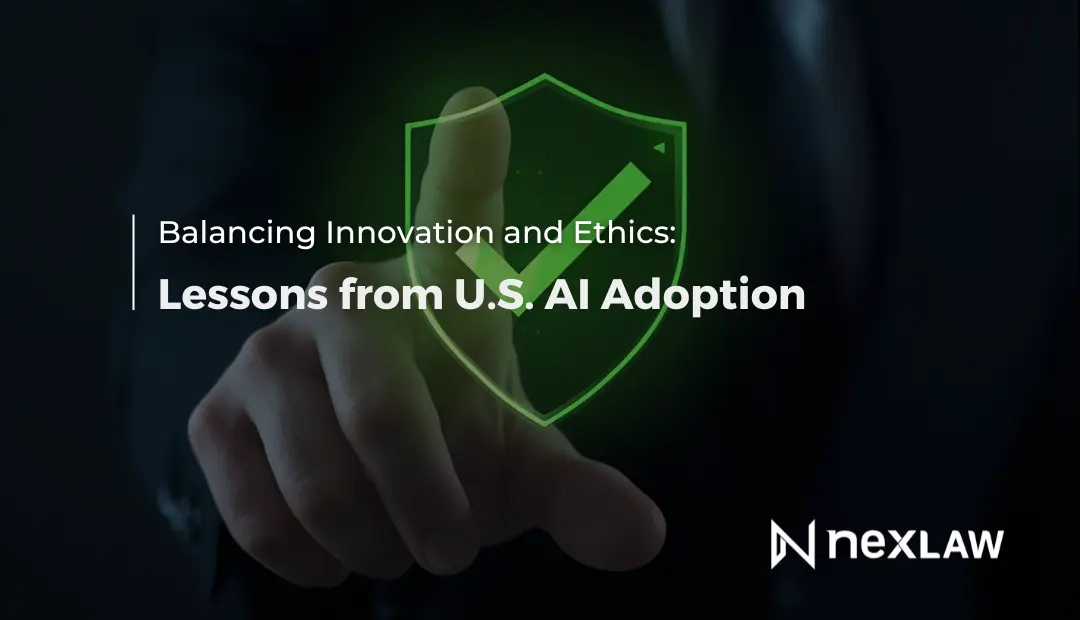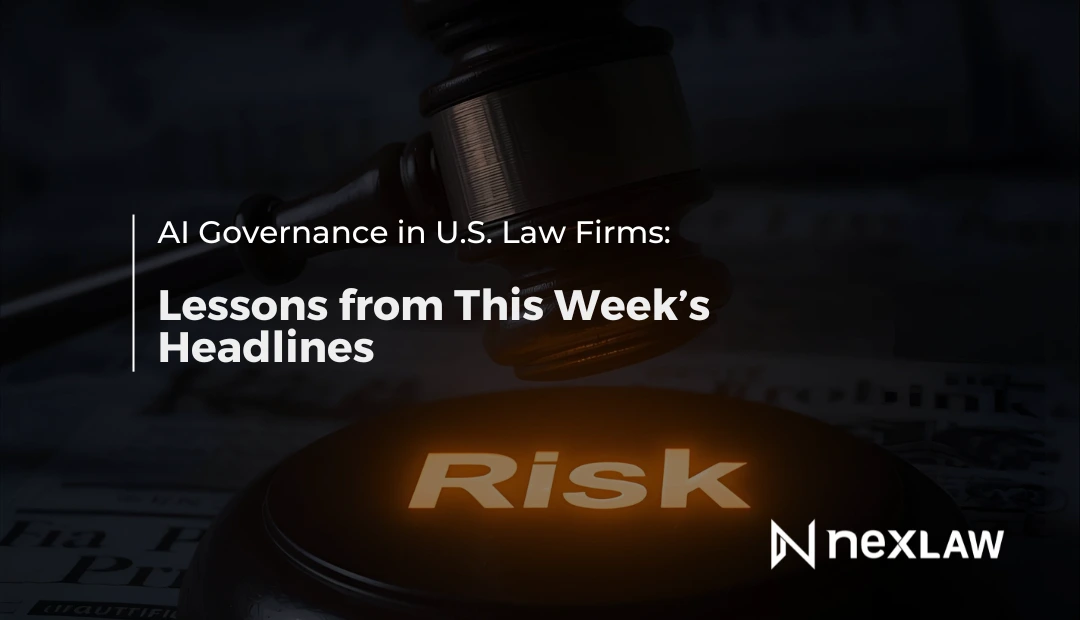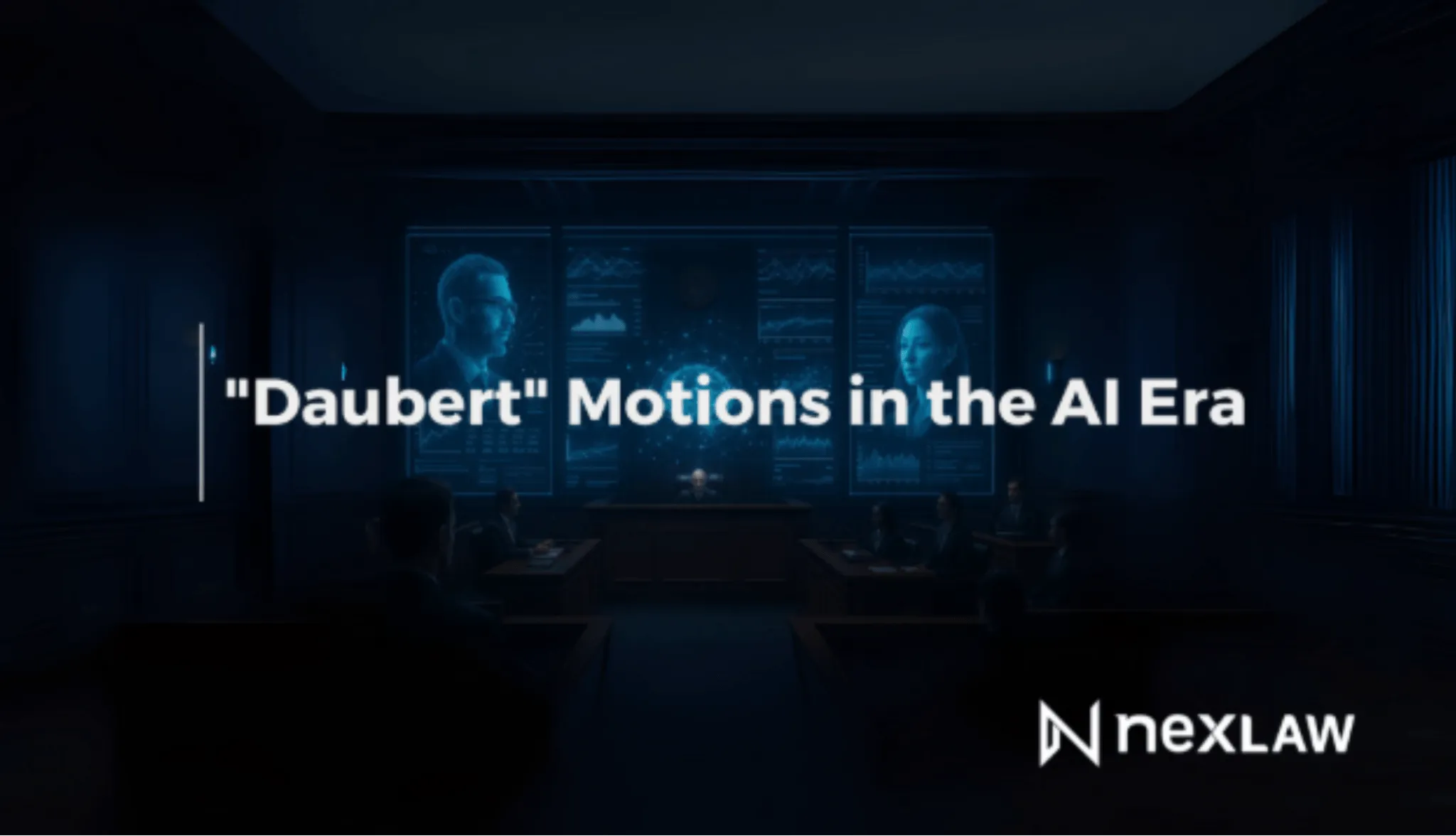In the hyper-competitive U.S. legal market, law firm business development is the engine of growth. The process of pitching a new client and responding to a Request for Proposal (RFP) is a critical, high-stakes moment. Yet, for many firms, this process remains stubbornly manual and outdated. A recent report revealed that 79% of firms still rely on manual proposal processes, a time-consuming and often inefficient endeavor. As generative AI starts to make waves across the industry, the potential to revolutionize the pitch process is immense. The firms that can move beyond generic marketing language and deliver data-driven, strategic proposals will have a decisive advantage in client acquisition.
The Issue? The “One-Size-Fits-All” Proposal
The traditional law firm proposal often suffers from a few key weaknesses:
- It’s Backward-Looking: It focuses on the firm’s past successes and the biographies of its lawyers.
- It’s Generic: It uses boilerplate language that isn’t tailored to the specific client’s industry or their unique legal challenge.
- It Lacks Concrete Strategy: It promises “aggressive representation” but offers little in the way of a concrete, data-backed plan for the case.
- It’s Inefficient to Create: Compiling lawyer bios, relevant case experience and fee estimates manually is a major drain on partner and marketing time.
In a market where clients are demanding more value and predictability, this traditional approach is no longer enough.
The AI Advantage: From Brochure to Blueprint
A sophisticated AI Legal Assistant with integrated legal analytics allows you to transform your proposal from a simple marketing brochure into a strategic blueprint for the client’s case. Instead of just telling the client what you’ve done in the past, you can show them what you will do for them in the future, backed by data. A platform like NexLaw AI can help you:
Conduct Rapid Pre-Pitch Intelligence
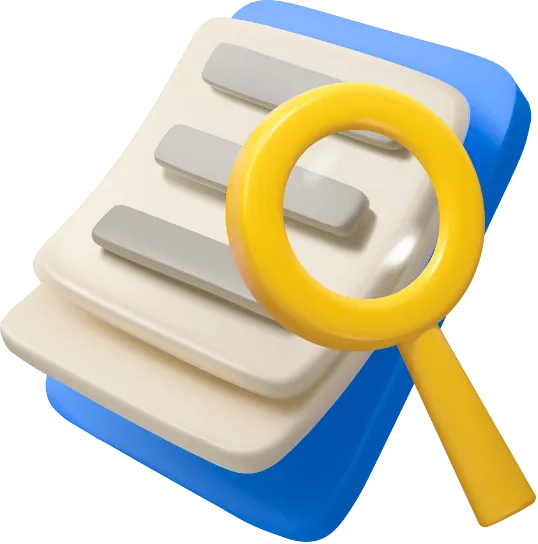 The AI can quickly analyze the potential client’s industry, their litigation history and the legal landscape of their specific problem.
The AI can quickly analyze the potential client’s industry, their litigation history and the legal landscape of their specific problem.
Generate a Preliminary Case Analysis
 The AI can perform an initial “Strength of Case” analysis, providing a data-driven prediction of the likely outcomes.
The AI can perform an initial “Strength of Case” analysis, providing a data-driven prediction of the likely outcomes.
Develop a Strategic Roadmap
 The AI can help you outline a clear, phased litigation plan, from initial motions to discovery strategy and potential settlement windows.
The AI can help you outline a clear, phased litigation plan, from initial motions to discovery strategy and potential settlement windows.
Create Data-Driven Fee Proposals
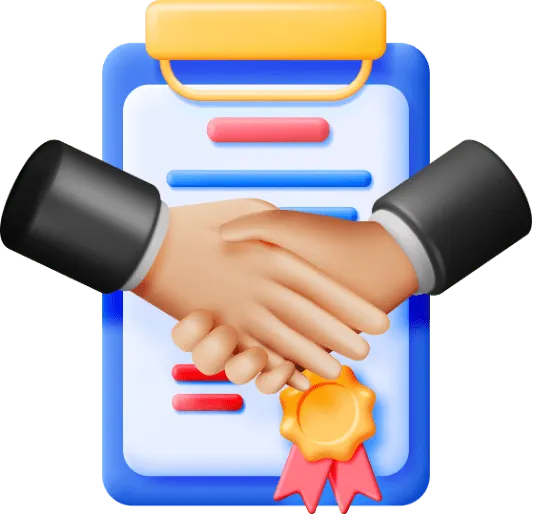 By understanding the likely workflow, you can offer more accurate and competitive fee estimates, including sophisticated Alternative Fee Arrangements (AFAs).
By understanding the likely workflow, you can offer more accurate and competitive fee estimates, including sophisticated Alternative Fee Arrangements (AFAs).
A Step-by-Step Workflow for the AI-Powered Proposal
Let’s imagine a corporate client has approached your firm with a potential high-stakes breach of contract dispute and has issued an RFP.
Step 1: The Pre-Pitch Intelligence Briefing
You use NeXa, NexLaw AI’s conversational assistant, to conduct a rapid intelligence briefing. You ask:
- “Summarize the last three years of litigation involving [Potential Client Company].”
- “Provide an overview of recent breach of contract verdicts in the Southern District of New York.”
- “Analyze the public litigation history of [Opposing Counsel’s Firm].” Within minutes, you have a comprehensive intelligence report that informs your entire approach.

Step 2: Generate a Confidential Preliminary Case Analysis
You input the core facts of the client’s dispute into NexLaw AI’s TrialPrep module. You instruct the AI to generate a confidential, preliminary analysis.
- AI in Action: The AI produces a report that includes a predicted success probability, a potential damages range and an identification of the key legal and factual issues.
- The Advantage: You are now armed with powerful, data-driven insights to bring to the pitch meeting.
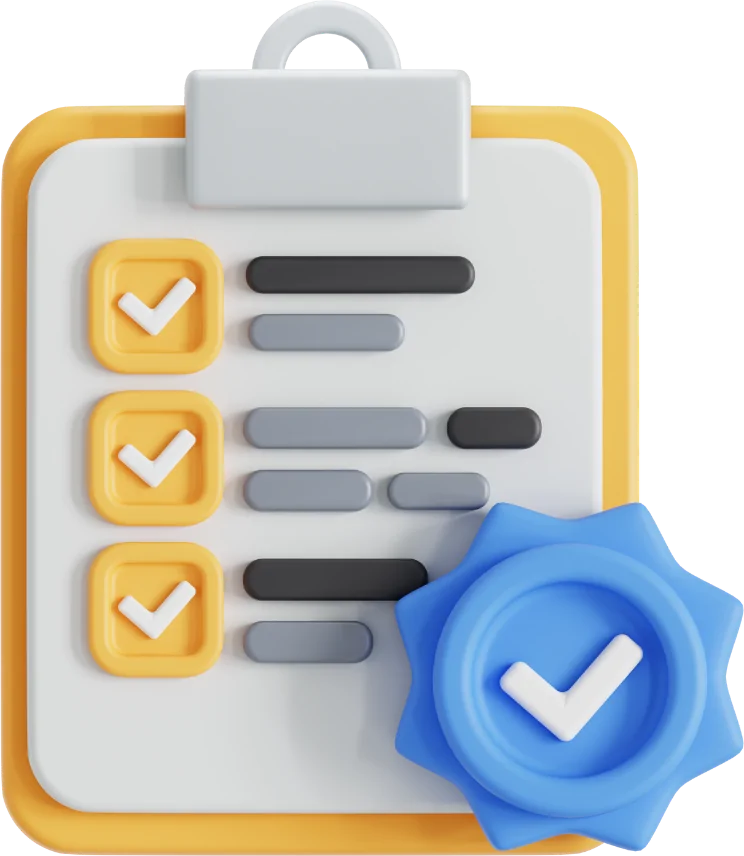
Step 3: Crafting the Data-Driven Proposal
You use the insights from the AI to draft a proposal that stands out from the competition. Your proposal can now include sections like:
- “Our Preliminary Strategic Assessment”: “Based on our analysis of over 1,000 similar cases in this jurisdiction, we believe the key to success will be an early motion to exclude evidence of speculative damages. Our data shows this type of motion has a 70% success rate before the assigned judge.”
- “A Phased Litigation Plan”: You can present a clear, phased plan, showing the client exactly what to expect.
- “Value-Based Fee Options”: You can confidently offer a flat fee for the initial discovery phase, backed by your AI-driven understanding of the likely workload.
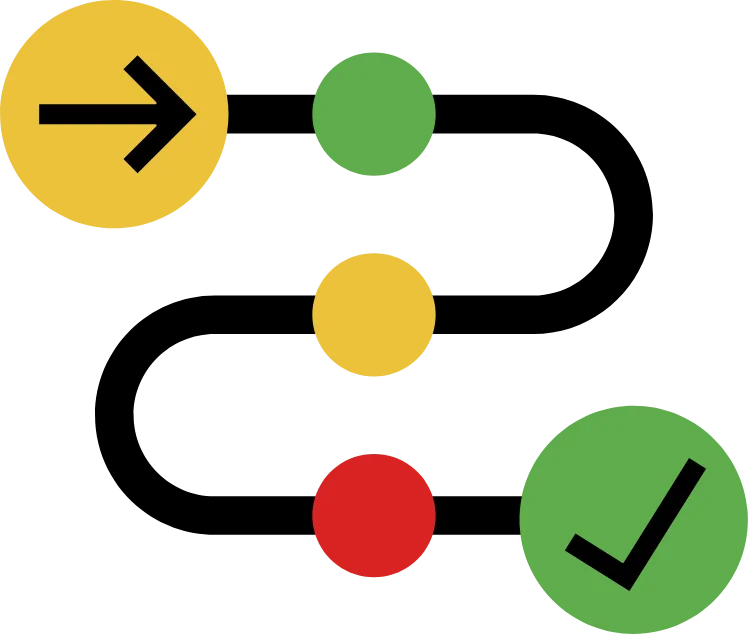
Step 4: The Winning Pitch Meeting
In the pitch meeting, you are no longer just selling your firm’s reputation. You are demonstrating your strategic acumen. You are having a sophisticated, data-driven conversation about the client’s actual problem from the very first meeting.

Conclusion: The New Currency of Business Development is Insight
In the competitive legal market of 2025 and beyond, the law firms that win the best clients will be those that can demonstrate their value from the very first interaction. By leveraging Legal AI and legal analytics to power your business development process, you can transform your pitches from generic advertisements into compelling, data-driven strategic consultations.
Ready to revolutionize your firm’s business development and win more clients?
